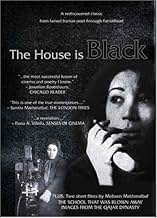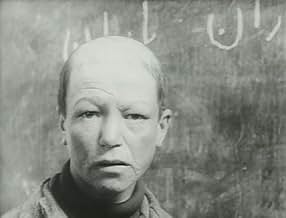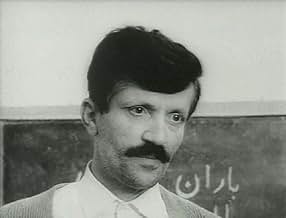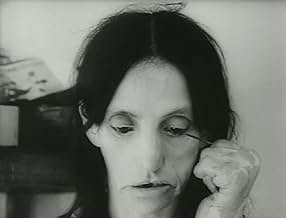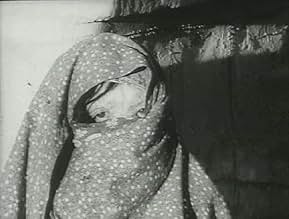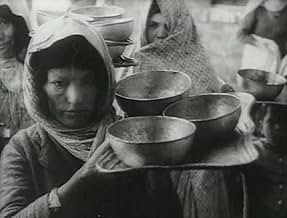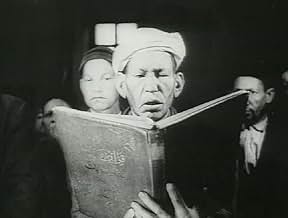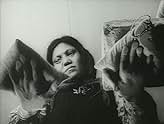I noticed some reviewers thought that MAYBE this film is about something other than its obvious subject, leprosy. Well, after seeing it, I think it's about leprosy. Sure, there's a bit more to it than that, but the film really does seem to be about lepers.
As the film progresses, various Muslim prayers and quotes from the Koran are read either by the narrator or by some of the subjects in the film. These are all about beauty and grace of God and are a sharp contrast to the lepers you see throughout the film. Although they appear very pitiful, most seem rather happy, though the film doesn't appear to try to say 'hey, it's great to be a leper'--more that in this day of medical miracles, Hansen's Disease (leprosy) IS curable and it's a horrible thing that so many go untreated. Forugh Farrokhzad (who wrote, directed and appears in the film) does not discuss WHY so many in her native Iran were untreated at the time--just that there is a SHARP contrast between the goodness of God and the plight of these people.
This film is unpleasant and will make you think. However, it's a very well made film--one that strikes the viewer with sadness and forces you to look into the ugly face of the illness.

